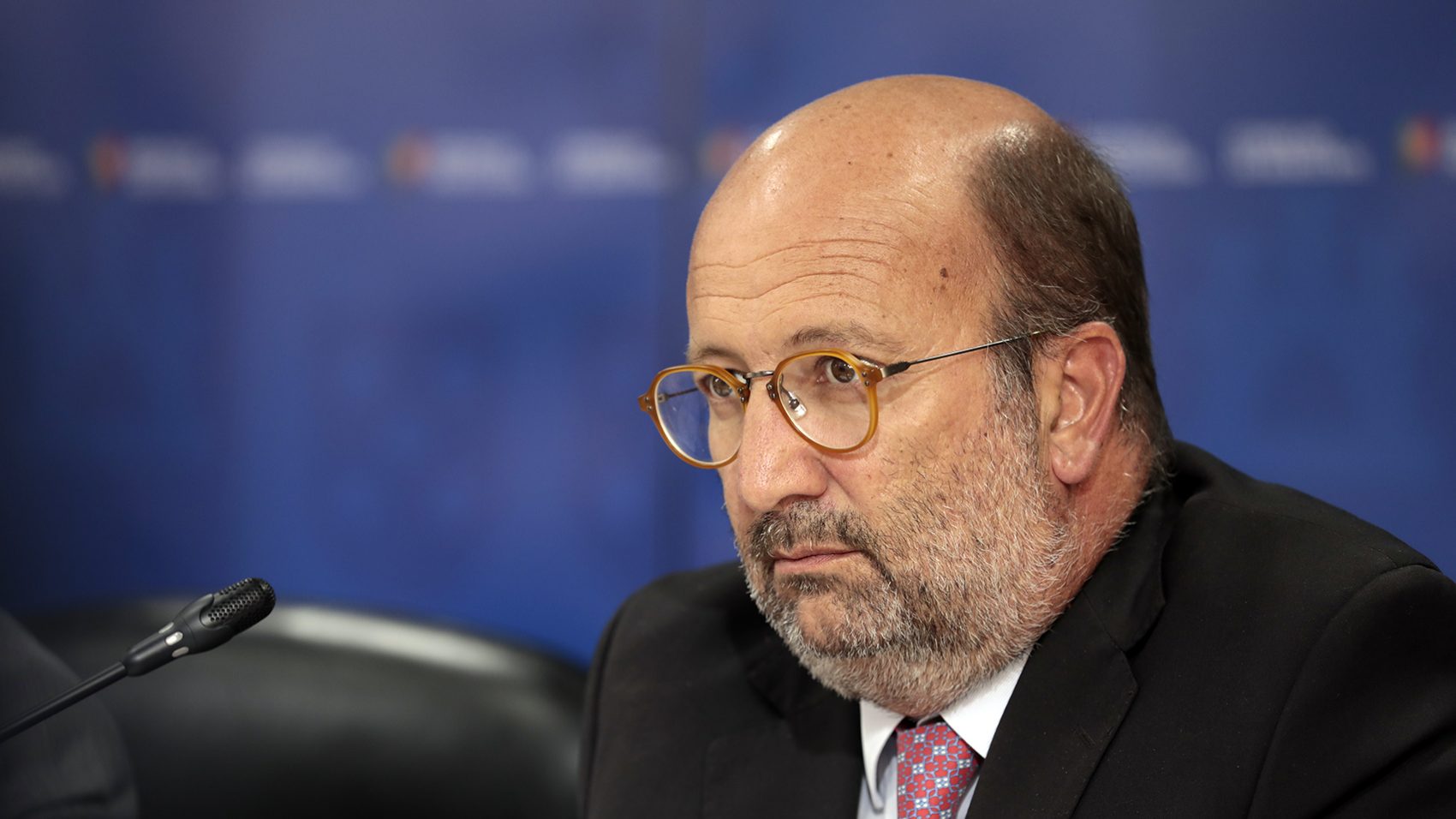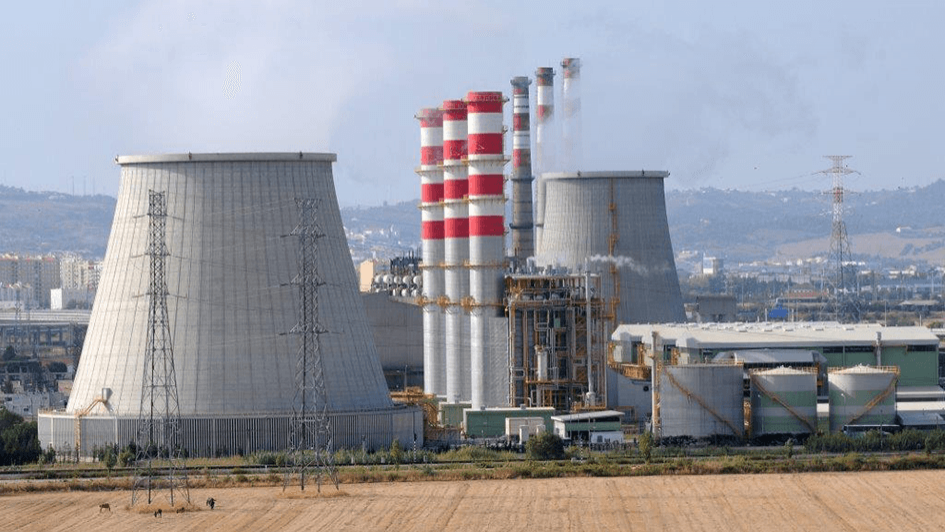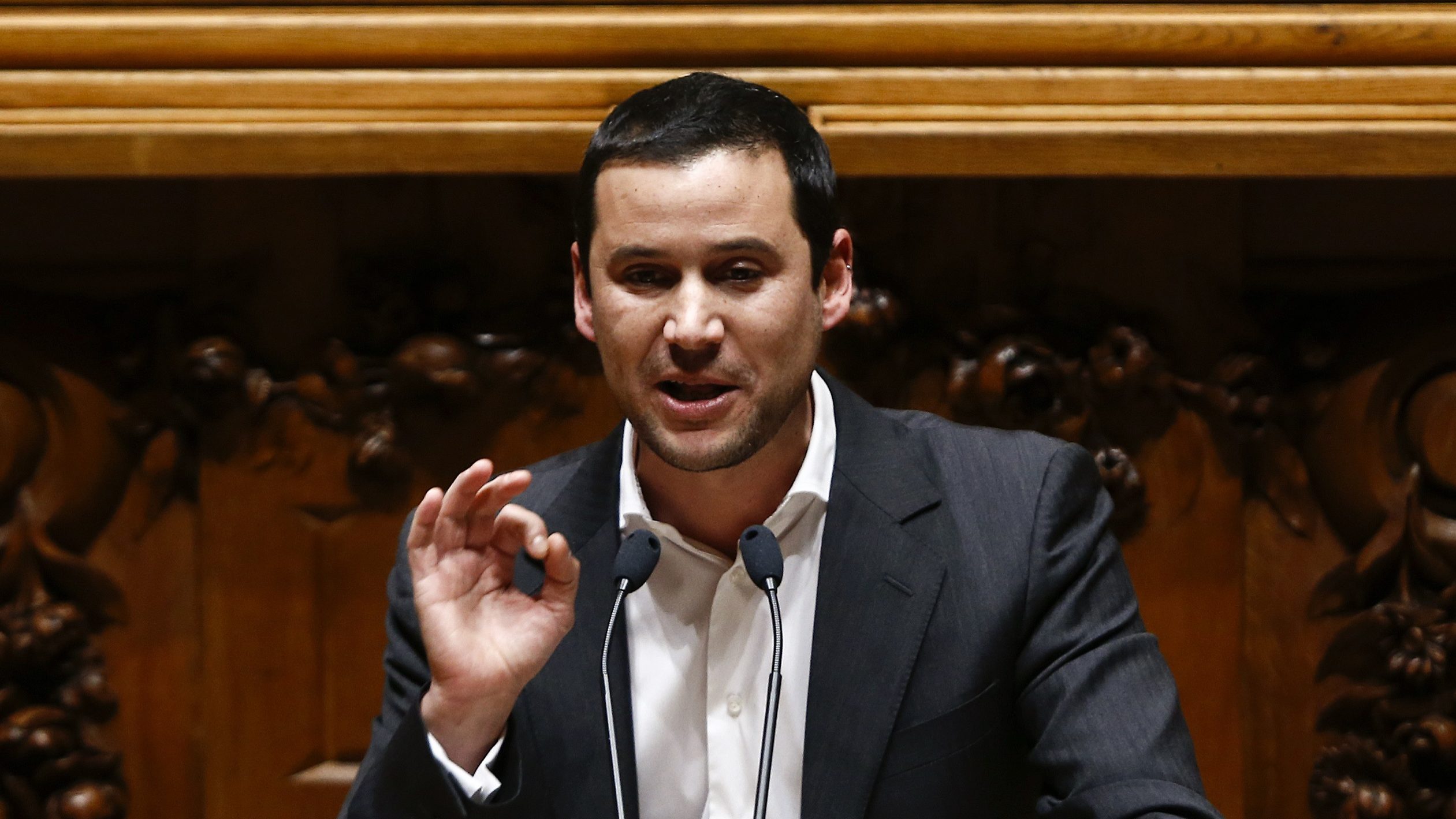Portugal and the Netherlands seal green hydrogen alliance
The two countries finally formalised the agreement to develop an "export-import strategic value chain, ensuring the production and transport of green hydrogen."
Portugal and the Netherlands signed a memorandum of understanding for green hydrogen on Wednesday, which reinforces bilateral cooperation and formalizes the two countries’ intention to produce this renewable gas by 2030, the Environment and Climate Action Ministry announced in a statement.
Secretary of State for Energy João Galamba had already announced that the partnership with the Netherlands would be “formalised very soon,” also underlining the talks underway with Germany, Japan, Canada for new partnerships on hydrogen.
“We are very attentive to international hydrogen partnerships. We are members of the EU, but to speed up this transition we need to partner with ‘light’ and uncomplicated countries, which are interested in focusing on hydrogen. The country has a partnership with the Netherlands, which will be formalized very, very soon, and we are in talks with Germany, Japan, Canada, involving governments, companies and others,” Galamba said in a speech during the online debate on “Opportunities for green hydrogen to be the engine of sustainable recovery and energy transition in a post-Covid-19 world,” as part of Saudi Arabia’s 11th Clean Energy Summit.
The memorandum with the Netherlands was signed by Environment and Climate Action Minister João Pedro Matos Fernandes and Dutch Minister for Economic Affairs and Climate Policy Eric Wiebes. The document foresees the “development of an export-import strategic value chain, ensuring the production and transport of green hydrogen from Portugal to the Netherlands and its hinterland, via the ports of Sines and Rotterdam,” Matos Fernandes explained in the same statement, underlining the “strengthening of bilateral cooperation in the energy sector.”
This memorandum also states that “Portugal and the Netherlands recognise the increasing importance that renewable gases, in particular green hydrogen, will have in the decarbonisation of Europe. Both countries will promote and encourage institutional cooperation to help develop supply chains for green hydrogen exports”. An “enhanced cooperation” aimed at contributing to the EU’s climate objectives by “creating a real international hydrogen market, with market rules that make hydrogen export a reality.”
At last, the minister João Pedro Matos Fernandes says the Dutch partnership reinforces the commitments of the National Hydrogen Strategy and the will to promote an “industrial policy based on public policies and strategies that can help mobilize and guide public and private investment in hydrogen projects, thus creating opportunities for business and industry.”


